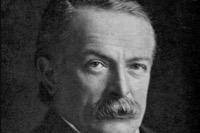
A costly victory had been achieved. We now had to come to terms with the peace and consequences of the horrendous conflict. Over 900,000 men of the British Empire had been killed and twice as many (2,090,000) were forced to live with missing limbs, damaged breathing and mental disorders. Few families or communities were untouched. In fact there were only 50 or so "thankful villages" in Great Britain where all those boys who joined up actually returned. Every area supported dozens of damaged men. Most succeeded in forging a life for themselves despite their traumas and disfigurements; lots, virtual strangers to their loved ones, rebuilt relationships that had been all but destroyed by the Great War.
The boys overseas hoped for a speedy return home. Regular career soldiers were soon demobilized but the government's criteria for prioritising the return of enlisted men proved unpopular and for those with influence far too easy to circumvent. Men became angry and restless. Some were sent to Russia to try, unsuccessfully, to stem the tide of Bolshevism. Many had the hazardous and gruesome task of clearing the battlefields of mountains of munitions and bodies. With a terrible and cruel irony a virulent form of "Spanish Flu" swept across the world killing even more than the war had claimed. It came in 3 waves: in Spring 1918 a short outburst beginning perhaps in Kansas USA or China; then in August a more widespread and serious attack returned with a vengeance; the third wave in the Spring of 1919 savaged particularly the strained and malnourished of Europe. It spread like wildfire and being very infectious often turned to pneumonia against which medicine had little defence. Ignorance surrounds its origins, causes and cures. As mysteriously as it arrived, it then disappeared in early 1920. Total war deaths of combatants and civilian perhaps exceeded 12 million - the epidemic took at least 25 million.
The casualty list of World War I was still not closed. Wilmslow lost 14 more young men after the Armistice - dying from wounds received in battle or infection. If they passed on before August 1921 their resting place often merited a CWGC tombstone.
Two passed away in December. The first Gunner Ernest Dean, 104th battery 22nd brigade Royal Field Artillery (116807) died on the 7th. He was born in Newton Heath in 1889. In 1911 he was living with his parents (Frank and Elizabeth) and 5 sisters in Parsonage Green, Wilmslow working as a book-keeper. He had married Frances Sumner in April 1916. But in 1917 he was sent from Flanders to Italy to shore up the Italian defences against Austria. He died there of 'flu and is interred in the Montecchio Precalino Communal Cemetery Extension near Vicenza. He is remembered on the civic memorial.
Private George Edward Collier of the 9th Cheshires (12664) died on the 11th aged 21. He was born in Heaton Mersey to John (a baker) and Elizabeth and had 3 siblings. On the death of Elizabeth, his father married Lucy Allen and the new family moved to Morley with 2 stepchildren. George, however, opted to live with his uncle and aunt in Egerton Street, Stockport working as a brass founder. Joining up very young, his service was distinguished - Loos, Somme, Messines, Menin Road. At the Marne in 1918 he won the Military Medal for acts of gallantry and devotion to duty, but was wounded and died of "pneumonia". He is buried at Awoingt British Cemetery, Cambrai and remembered in Morley, St Bart's, the civic memorial and Stockport Art Gallery.
Lloyd George's coalition won a majority in General Election on 14th December - promising "A Land Fit for Heroes".
The Armistice, declared in November 1918, was extended twice as the delegates from 32 countries got down to business at Versailles in the New Year. President Wilson, the first US President to visit Europe, was keen to fight for a new world order of democracy, self determination and peaceful negotiation of international disputes. Some say, however, the settlement proved to be a mixture of idealism, Realpolitik and revenge.
In March 1919 Foch made the prophetic statement "this is not peace - it is an Armistice for 20 years". A stable future was not secured. By the time the first Armistice Day was observed in 1921, demonstrations by unemployed veterans carrying placards near the Cenotaph bore the slogan "The dead are remembered but we are forgotten".
Guest post by Jon Armstrong and Alan Cooper with a contribution from Michael Scaife, Wilmslow Historical Society.
Photo: Lloyd George.
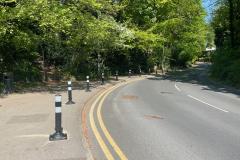
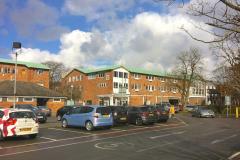

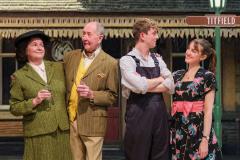

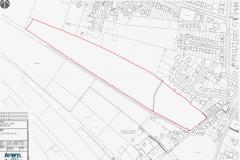

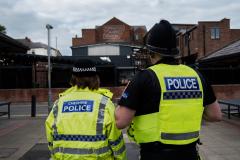

Comments
Here's what readers have had to say so far. Why not add your thoughts below.